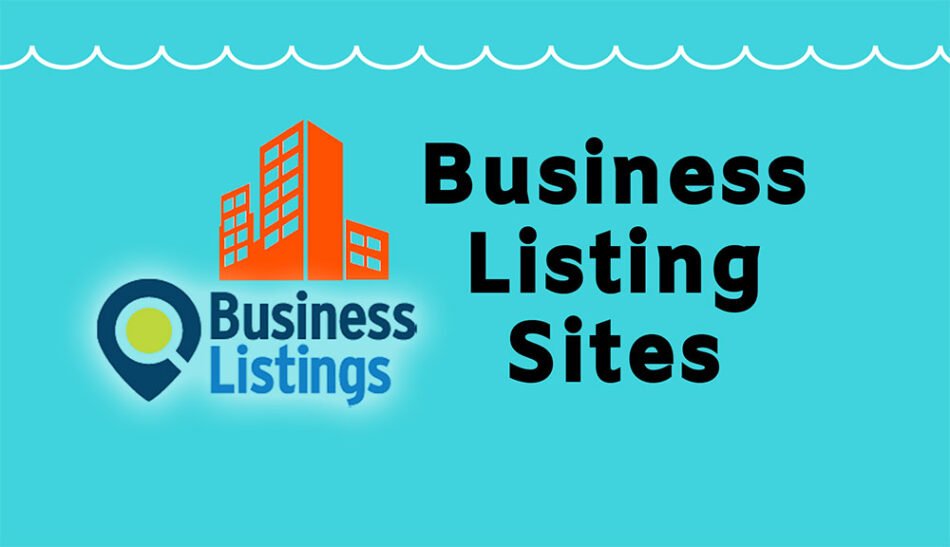In the ever-evolving digital landscape, owning a business listing website can be a lucrative venture. However, there may come a time when you decide to sell your online asset for various reasons, such as moving onto new projects or seeking a return on your investment. Successfully selling your business listing website requires a strategic approach that combines business acumen with online expertise. In this comprehensive guide, we’ll walk you through the steps to ensure a smooth and profitable sale.
1. Understanding Your Website’s Value
Before embarking on the journey of selling your business listing website, it’s crucial to understand its intrinsic value. Factors that influence your website’s worth include its traffic, revenue, user engagement, and the uniqueness of its content. Conduct a thorough analysis to gain insights into these aspects, as this information will help you set a realistic asking price.
2. Preparing Your Website for Sale
2.1 Evaluating Website Traffic and Analytics
Potential buyers will want to see your website’s performance metrics. Provide them with access to your Google Analytics data and other relevant statistics to demonstrate the value of your web property.
2.2 Documenting Revenue and Profitability
Transparently document your website’s revenue streams, including advertising income, subscription fees, or any other sources of income. Highlight the profitability of your website to attract serious buyers.
2.3 Identifying Unique Selling Points (USPs)
What sets your business listing website apart from competitors? Identify and showcase your website’s unique features, user base, or niche market to make it more appealing to buyers.
3. Setting the Right Price
3.1 Valuation Methods
Consider various valuation methods, such as income-based, market-based, or asset-based approaches, to determine a competitive selling price for your website.
3.2 Competitive Analysis
Research similar websites that have recently sold to gauge market trends and pricing expectations. A competitive analysis will help you set a price that aligns with the current market conditions.
4. Creating an Attractive Listing
Craft a compelling listing that highlights the strengths of your website. Include a detailed description, high-quality visuals, and any additional assets or resources that will be transferred to the new owner.
5. Reaching Your Target Audience
5.1 Utilizing Online Marketplaces
List your website on popular online marketplaces, such as Flippa or Empire Flippers, to reach potential buyers actively seeking digital assets.
5.2 Leveraging Social Media and Email Marketing
Promote your listing through social media channels and email marketing campaigns to reach a broader audience. Engage with potential buyers and answer their inquiries promptly.
6. Negotiating and Closing the Deal
6.1 Handling Inquiries and Offers
Respond to inquiries professionally and be prepared to negotiate the terms of the sale. Ensure that offers are made in writing and clearly define the terms and conditions.
6.2 Due Diligence and Documentation
Cooperate with potential buyers during the due diligence process, providing access to all necessary documents and information. Prepare a comprehensive sale agreement with legal assistance.
7. Transferring Ownership
Facilitate a smooth transition of ownership, including transferring domain names, hosting accounts, and any associated assets. Ensure that the new owner has all the tools required to maintain the website’s functionality.
8. Post-Sale Transition and Support
Offer post-sale support to assist the new owner in understanding and managing the website. This can enhance the buyer’s confidence and satisfaction.
9. Legal and Financial Considerations
9.1 Contracts and Agreements
Engage legal professionals to draft contracts and agreements that protect both parties’ interests and outline the terms of the sale.
9.2 Tax Implications
Understand the tax implications of the sale and consult with tax experts to minimize potential liabilities.
10. Maintaining Confidentiality
Throughout the selling process, maintain strict confidentiality to prevent disruption to your website’s operations and user base.
11. Dealing with Potential Challenges
Anticipate and prepare for potential challenges that may arise during the sale, such as negotiations breaking down or unforeseen legal issues.
12. Customer and User Communication
Keep your website’s users and customers informed about the impending sale to minimize any negative impact on their experience.
13. Ensuring a Smooth Technical Transition
Work closely with the new owner to ensure a seamless technical transition, minimizing downtime or disruptions.
14. Finalizing the Sale
Once all conditions are met, finalize the sale by transferring all assets and officially changing ownership.
15. Conclusion
Successfully selling your business listing website requires careful planning, transparency, and effective communication. By following the steps outlined in this guide, you can maximize the value of your digital asset and ensure a smooth transition for both you and the new owner.
FAQs
- Is it necessary to disclose all financial information during the sale process?
- While complete transparency is essential, you should share financial data with serious buyers and provide summaries to initial inquiries.
- How long does the website selling process typically take?
- The timeline can vary, but it often takes several weeks to months, depending on negotiations and due diligence.
- Are there any tax benefits to selling a website?
- Consult with tax experts to explore potential tax benefits and strategies for minimizing liabilities.
- What happens to existing user accounts after the sale?
- User accounts and data can be transferred to the new owner, but it’s crucial to inform users about the change in ownership.
- Can I sell a partially completed website project?
- Yes, you can sell a website in progress, but clearly communicate its status and potential to buyers.



Pingback: Understanding the Business Model of Listing Websites | A Deep Dive